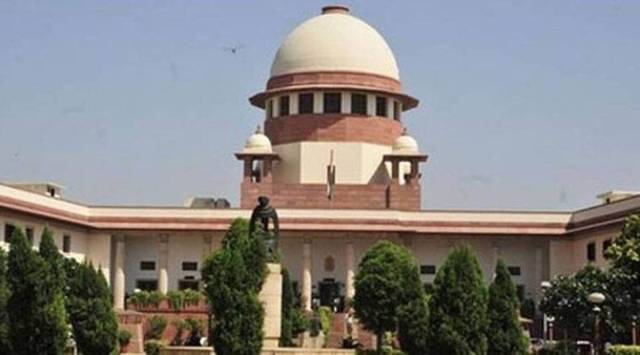NCW plea in SC: Bring marriageable age for Muslim women on par with that of other faiths
The plea filed through Advocate Nitin Saluja said that the minimum age of marriage under various personal laws, other than the Muslim personal law, is consistent and in consonance with other prevailing penal laws.

THE SUPREME Court on Friday sought the Centre’s response to a plea by the National Commission for Women (NCW) seeking directions to increase the marriageable age for Muslim women and make it on par with that of women of other religions.
A bench of Chief Justice of India D Y Chandrachud and Justice P S Narasimha issued notice on the PIL filed “for the enforcement of the rights of minor Muslim women, guaranteed under Articles 14, 15, and 21 of the Constitution of India…”.
The plea filed through Advocate Nitin Saluja said that the minimum age of marriage under various personal laws, other than the Muslim personal law, is consistent and in consonance with other prevailing penal laws.
It said under the Indian Christian Marriage Act, 1872, Parsi Marriage and Divorce Act, 1936, Special Marriage Act, 1954, and Hindu Marriage Act, 1955, the “minimum age for marriage” for a man is 21 and woman 18 years. However, under the Muslim Personal Law “which continues to remain uncodified and unconsolidated, persons who attain puberty are eligible to get married, i.e. on attaining the age of 15 years…while they are still minor”.
Appearing for the Commission, Senior Advocate Geetha Luthra said this is arbitrary, irrational and discriminatory but also violative of the provisions of penal laws like Protection of Children from Sexual Offences (POCSO) Act, 2012, and Prohibition of Child Marriage Act, 2006.
The laws, it said, are age-centric and make no exception for children of any particular religion, it said, adding that the classification on the basis of ‘puberty’ has no scientific backing nor any reasonable nexus with the capacity to get married.
“A person who has attained puberty may be biologically capable of reproduction, however, the same does not imply that the said person is mentally or physiologically mature enough to engage in sexual acts and consequently, to bear children,” said the plea.
It referred to a recent judgment of Delhi High Court allowing the petition by a minor Muslim woman and her husband seeking permission to live with each other on the ground that the personal law of the community allows marriage upon attaining puberty.







